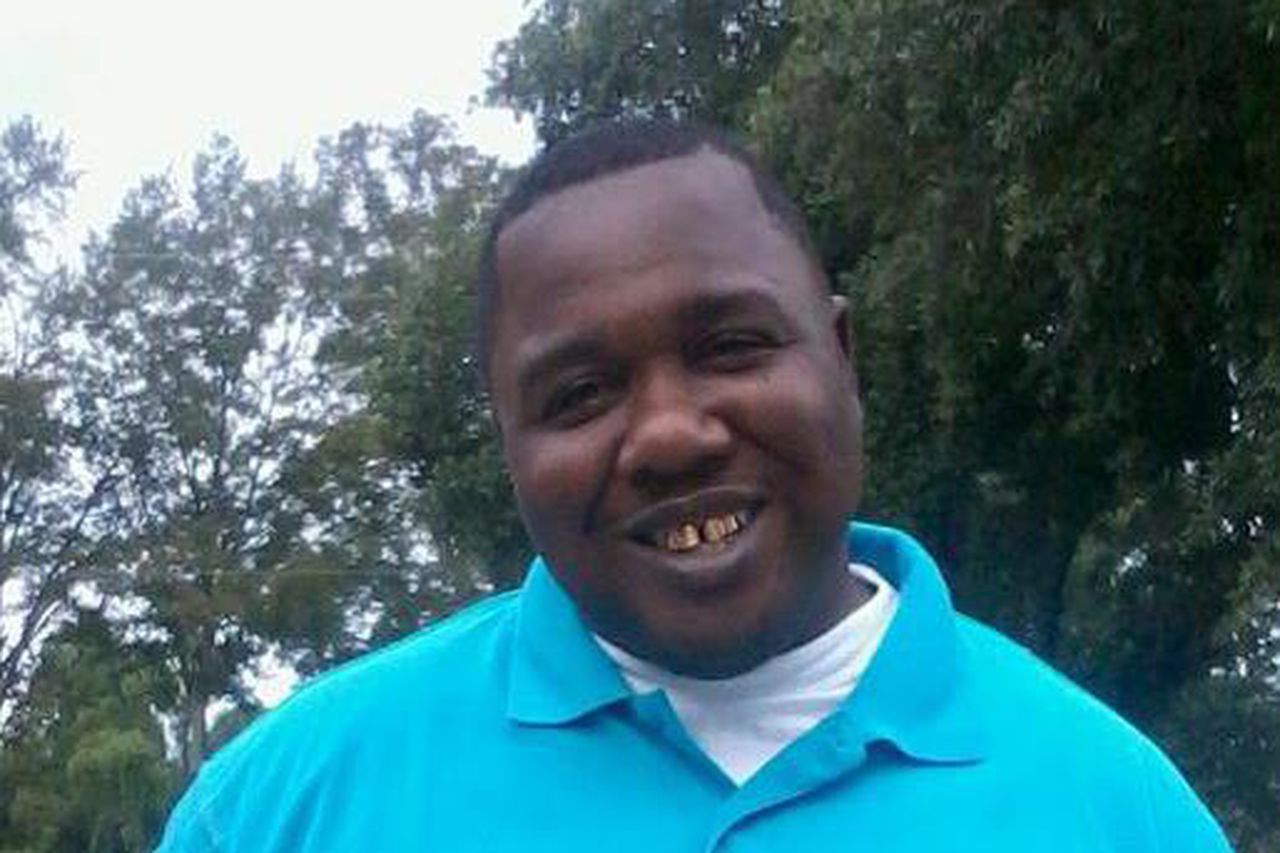I'm in the big bad world now and university seems as far away as my first day at school.
It's a repulsive, nostalgic, mournful feeling that fills my days with endless regret for not taking up the offer to do a masters. However, as tempting as it was, and is, to do a masters, I'm tired of the poor day-to-day living of the student existence.
Nope, I'm well up for getting a job, waking up at 6am and coming home a little more tired than I did the day before.
But before I find myself in full-time work I have to do what usually is required in the ability to work: getting the job in the first place.
So, how's that going? Well I've applied for plenty and now I just have to wait and keep on applying, with the hope that my CV is good enough to get something half-decent, in London, in a career I want to pursue. That's not too much to ask for, is it?
However, and this leads me onto the main point of this blog post, for money right now, what am I supposed to do?
Well, the most obvious and simplest income I could receive would be jobseeker's allowance. And I've had this suggested to me.
 I have been told that I have every right to claim it, which I do. I have been told it is there for a reason, which it is. I have been told I should claim it, which I won't.
I have been told that I have every right to claim it, which I do. I have been told it is there for a reason, which it is. I have been told I should claim it, which I won't.And there's a very simple reason for it.
Going to university is not something which is done for the sake of it. It's done because you want to further your career options. To climb a higher ladder that might not have previously been available. To, if we're being honest, earn a higher wage that wouldn't have been possible without a degree.
Obviously that latter point isn't true as you can earn far more than a graduate without going to university. However, at school and in most parts of society, it is recognised as being the best way to get the best opportunities.
So, why won't I accept benefits?
Firstly, I don't need them.
Of course it would be nice to have an extra £60 a week (or whatever it is), but I have nothing to spend it on apart from socialising, which in my eyes is the absolutely wrong thing to do with it.
Personally, I detest the idea of those who claim welfare without needing it.
We all know or have heard of people who milk the system and find loopholes so they don't have to work.
If you are one of those, you are a revolting, lazy, wasteful part of society who should be ashamed of themselves.
 |
| Would it still be 15% without the milkers of welfare? |
Secondly, I'm lucky enough to have parents who have said I won't need to pay rent until I'm working - within reason, obviously.
And lastly, and perhaps regrettably, pride stops me from getting it.
Now before some of you criticise this point, please note the point I made at the beginning of this post. I do not think anyone who claims any sort of benefits to be below me as many desperately require the brilliant welfare available.
But I think for me, after doing well at university, having to claim benefits would be a materialistic representation that I've failed. That I haven't got a job (yet), and that I am not strong enough to support myself. You might call it arrogance and you might be right but it's the honest truth of how it makes me feel.
I completely understand that jobs aren't a right or a guarantee and I know that the working world isn't full of rainbows and sunshine.
It's just a bit disheartening to not have something lined up as soon as you leave university because the responsibility is solely on you.
So, what am I trying to say in all of this?
I guess it's to say that I finished uni with a 2:1, with only an average of 2% off a first - meaning I have more than the capabilities to get that dream job or at least a step onto the right career path.
It's also to recognise that if you're in the same position as me, which I'd imagine many of you reading this are, you're not alone and that we are just in limbo, waiting for the next step to present itself to us.
But for the time being I will happily go without benefits as I have been fortunate enough to get a degree with the hope of getting a decent, well paid job.
It just doesn't feel right to take money when there are other, far more deserving people who require the money so that they can live without poverty.










